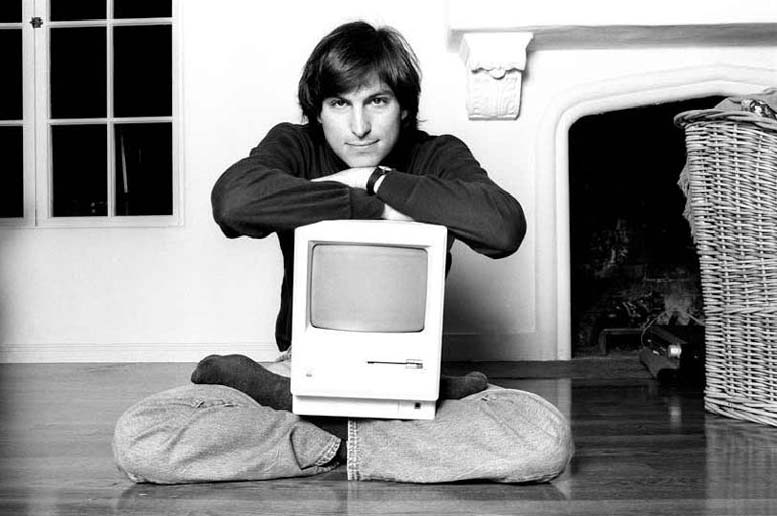The Web’s Best Tributes to Steve Jobs
We may earn revenue from the products available on this page and participate in affiliate programs. Learn more › An...

We may earn revenue from the products available on this page and participate in affiliate programs. Learn more ›
An interesting gauge of a person’s overall impact on our culture is now found immediately online, as the world learns together the news of that person’s passing. By that measure, Steve Jobs has led a truly extraordinary life. But you didn’t need us to tell you that.
Like you, we’ve been reading the many tributes that have been pouring in since last night. Here are some of our favorites.
Steve Jobs Was Always Kind To Me (Or, Regrets of An Asshole) by Brian Lam for The Wirecutter. A truly touching recollection of Brian’s direct dealings with Jobs via the Gizmodo iPhone 4 leak saga. Neatly shows the full scope of Jobs’s passion, and intensity. Must read.
The Steve Jobs I Knew by Walt Mossberg for The Wall Street Journal/All Things D. Another nicely personal remembrance, from a journalist closer to Jobs than any other.
What They’re Protecting Us From by Anil Dash. Written over a month ago, Dash’s thoughts aren’t a direct tribute, but it’s an elegant summation of Jobs’s success as a liberal businessman.
Steve Jobs’s Patents by The New York Times. An incredible interactive graphic that gives an overview of the 317 U.S. patents that bear Steve Jobs’s name as an inventor.
Steve Jobs and the Losing Battle by Tom Junod for Esquire. “Steve Jobs taught us to be disappointed.”
People I Love Who Invented Things That I Love: Steve Jobs by Mindy Kaling. The comedy writer and Office star on learning more about Jobs’s personal life.
We’ve also been thinking a lot about him in the office today. Some nice thoughts from a few PopSci editors are below:
West Coast Bureau Chief Jake Ward: “What strikes me is that in a business world that’s trying to find the magic algorithm for automating the delivery of what people want, that relies ever more on focus groups, or data mining, or personalization engines, this guy eschewed all of that. A truly futuristic product, he realized, has to be way out ahead of what any focus group or data set will suggest. He acted on the kinds of ideas you have by yourself with a glass of wine in your hand and a newspaper in front of you. Style, context, cool, whatever you call it, he realized it comes from human instinct. For a guy with a masterful command of what technology can do, he was all human.”
Senior Associate Editor Ryan Bradley: “The guy helmed not one, but two of the best and most successful companies of our generation: one made devices that allowed us to be as creative as we could imagine, the other used those devices to tell great stories. I just feel lucky to have grown up in an era when a man who knew he could change the world—and did—seemed to value, above all, the qualities that make humans human.”
Assistant Web Editor Dan Nosowitz: “He was a genius, a visionary, an artist, a salesman to end all salesmen, yes. Read those tributes above for more on that. What strikes me about this whole thing is how his products, the ones we use every day, the ones I’m using right now to write this, suddenly have more import. The multitouch trackpad isn’t just more comfortable than a mouse; now, every swipe and tap is its own tribute, its own recognition of genius. Flitting around my iMac is no longer a casual, carefree action. I’m thinking about how I’m doing things, how I’m switching programs, finding files, writing articles, just as much as I’m actually doing them. How did he decide that two fingers would make this action? How did he figure out that organizing files in this way would be the most intuitive? Did he obsess over the precise scrolling speed, the font, the color, of all the millions of ways people will use his products? Every action is fraught with meaning. I’m thinking about my computer, my phone, my tablet, in ways I never have before. I read about and write about his life and death on products he made.”